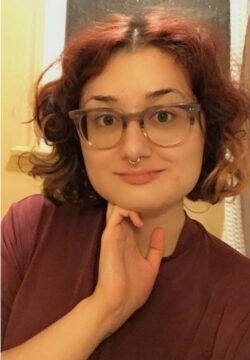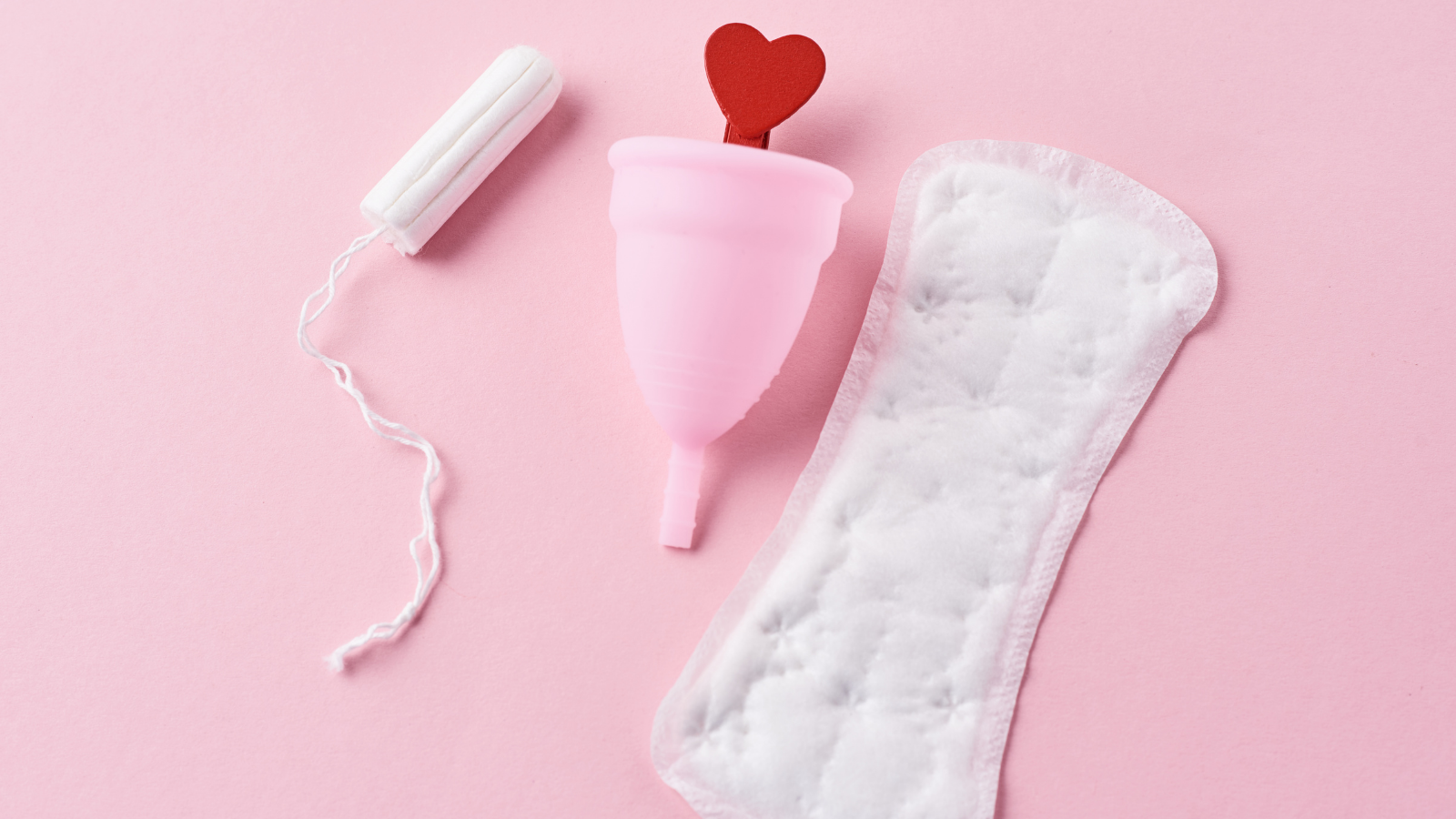
Myth: only women get periods.
Fact: every person’s experience with menstruation is unique.
We spoke to Celena Campbell, Founder of All Cycles Edmonton about how they are working to destigmatize menstruation.
How does your organization work to advance menstrual equity in your community?
All Cycles Edmonton works to improve accessibility through both collection and distribution of menstrual products to both shelters and households at no cost to recipients. We also seek to destigmatize menstruation and dissociate it from an inherently feminine experience, as not all women menstruate and not all menstruators are women. We currently have a COVID-19 Emergency Distribution Program that has been running for over a year now. We package and deliver one month’s worth of menstrual products for each menstruator to anyone in the Edmonton Area who completes a request forum. So far, we have been able to provide products for over 700 periods this way.
What are some challenges that you face in your work?
The most urgent challenge that All Cycles Edmonton is currently facing is an ever increasing demand for menstrual products hand-in-hand with a diminishing supply. We are seeking sustainable sources of both product and financial support in order to continue to support a healthy cycle for our community members.
How can we ensure that the conversation on menstrual equity plays a role in shaping the national narrative about gender equality? What needs to be shared?
Raising awareness of the level of need for support as well as the diversity of menstruators is crucial. All too often, we are leaving trans, non-binary, genderfluid and other individuals out of the conversation. Trans individuals face higher barriers of access to menstrual products than their cisgender counterparts. Gender equity requires universal access for all genders.
The Equal Futures Network acknowledges that Indigenous people are the traditional guardians of Turtle Island, on the land also known as Canada






